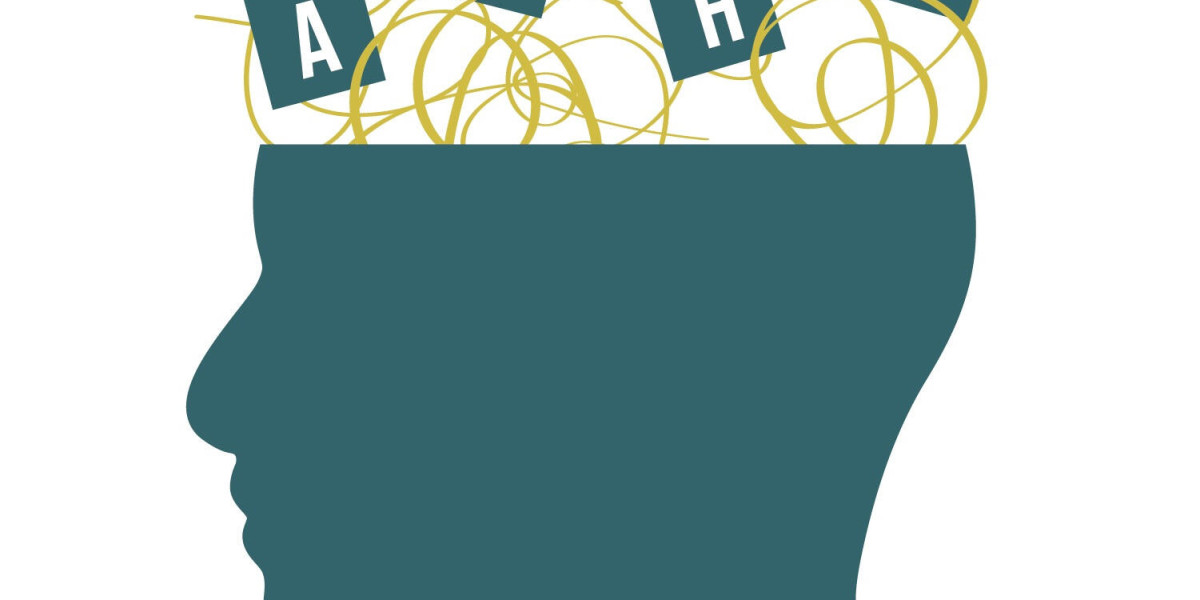Overview:
Bringing up a child with Attention Deficit Hyperactivity Disorder (ADHD) can come with special problems that call for certain strategies to promote the growth and wellbeing of the child. The three main symptoms of ADHD are impulsivity, hyperactivity, and inattention. These symptoms can affect a child's behavior, education, and social interactions, among other areas of their life. This article examines the connection between parenting practices and ADHD, practical methods for raising children with ADHD, and the significance of support and balance. Parents can foster an atmosphere that supports their child's development and success by adopting suitable methods and comprehending the influence that parenting styles have on children with ADHD.
Comprehending Symptoms of ADHD
While children with ADHD may exhibit symptoms in different ways, impulsivity, hyperactivity, trouble maintaining focus, and issues with organization and time management are typical ones. Academic achievement, conduct at home and at school, and peer relationships may all be impacted by these symptoms. Parents and children with ADHD may experience irritation and stress as a result of their child's difficulty following directions, finishing chores, and controlling their emotions.
How Parenting Styles Affect ADHD Children
Children's behavior, growth, and general wellbeing—including that of children with ADHD—are greatly influenced by their parents' parenting techniques. According to research, different parenting philosophies may either make ADHD symptoms worse or less severe. For instance, children with ADHD may exhibit more resistance and oppositional behavior under authoritarian parenting (tough rules and severe punishment), whereas children under permissive parenting (loose boundaries and restrictions) may struggle with impulse control and perform poorly academically. Positive results in children with ADHD are typically linked to authoritative parenting, which involves establishing clear expectations while providing warmth and support. This approach encourages self-regulation and adaptive behavior.
Handling Children with ADHD with Effective Parenting Techniques:
Parenting children with ADHD effectively necessitates a customized strategy that takes into account their particular demands and difficulties. Among the methods for raising children with ADHD are:
Creating Structure and Routines:
Children with ADHD can benefit from having more predictable schedules and routines to help them better manage their time and transitions.
Establishing Clear Rules and Expectations:
Children with ADHD can better comprehend boundaries and develop self-control if rules are established that are consistent, clear, and have appropriate consequences.
Positive reinforcement is a useful tool for motivating children with ADHD and reinforcing desired behaviors. It involves recognizing and rewarding positive behavior.
Teaching Coping Skills:
Educating kids with ADHD in coping mechanisms including mindfulness, deep breathing, and problem-solving techniques might help them control their impulsivity and emotional regulation.
Promoting Physical Activity:
Children with ADHD might benefit from regular physical activity as it helps them focus and pay attention better by letting off steam.
Enhancing conversation:
Understanding and collaboration can be facilitated as well as the parent-child bond strengthened by open and encouraging conversation.
Seeking Professional Assistance
Getting advice and resources to support successful parenting techniques can be obtained by speaking with physicians, therapists, or ADHD specialists.
Overcoming Obstacles and Promoting Resilience
Children with ADHD may experience particular difficulties with socialization, academics, and emotional control. It is imperative that parents help their children develop resilience by proactively addressing these issues. Children with ADHD can prosper despite their difficulties if academic support, proper accommodations at school advocacy, and social skill development are encouraged.
Working Together with Healthcare Providers and Schools:
Working together with educational institutions and medical professionals is crucial to helping kids with ADHD. To create Individualized Education Plans (IEPs) or 504 Plans that specify certain accommodations and support services for their child, parents can collaborate with educators and school personnel. Furthermore, keeping in close contact with pediatricians or ADHD specialists helps guarantee that the child receives a complete and individualized treatment plan.
Conclusion:
In order to support a child with ADHD in their development and well-being, parents must have patience, understanding, and specialized solutions. Parents can create a supportive environment that fosters their child's growth and success by learning how parenting styles affect children with ADHD, putting effective parenting strategies into practice, finding balance and self-care, addressing challenges proactively, and working with schools and healthcare providers. Parents may help their child with ADHD overcome obstacles, grow resilient, and realize their full potential by being committed to their child's education.
Naijamatta is a social networking site,
download Naijamatta from Google play store or visit www.naijamatta.com to register. You can post, comment, do voice and video call, join and open group, go live etc. Join Naijamatta family, the Green app.
Click To Download


